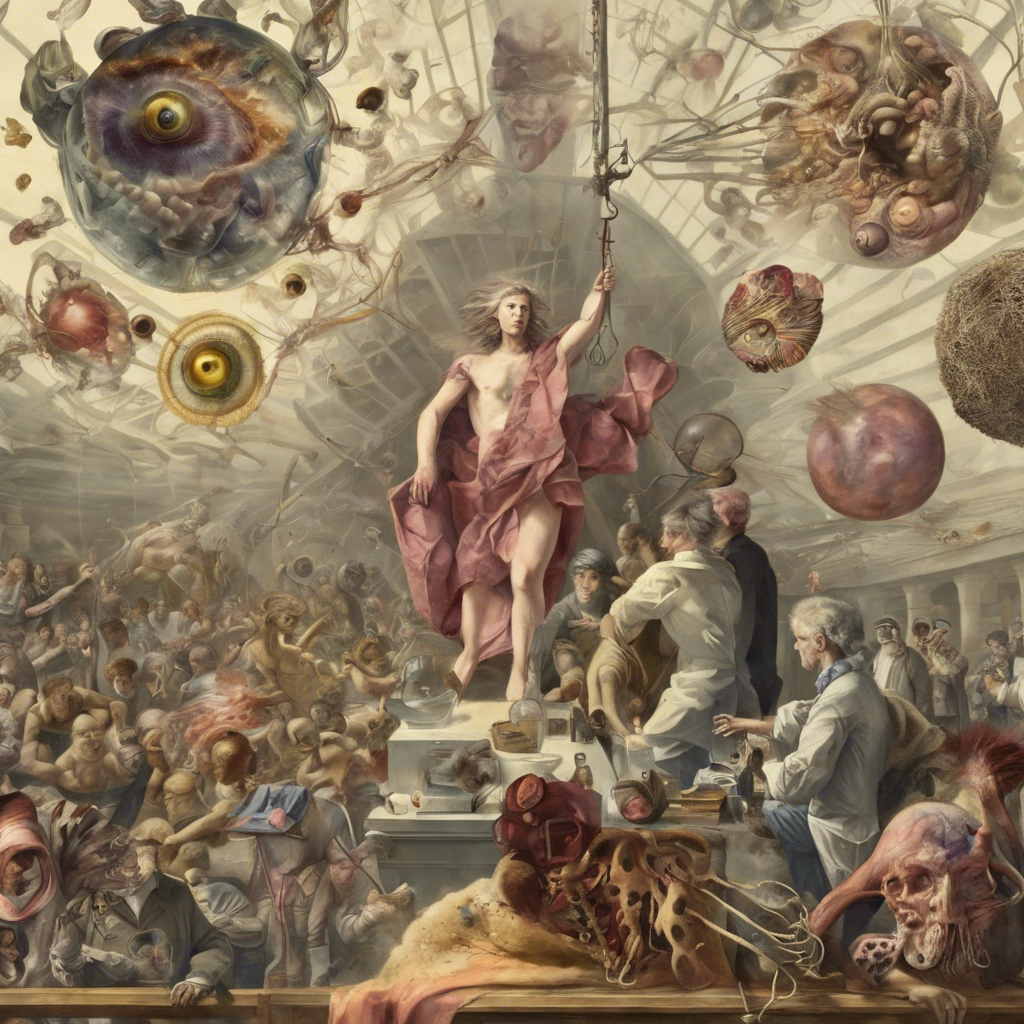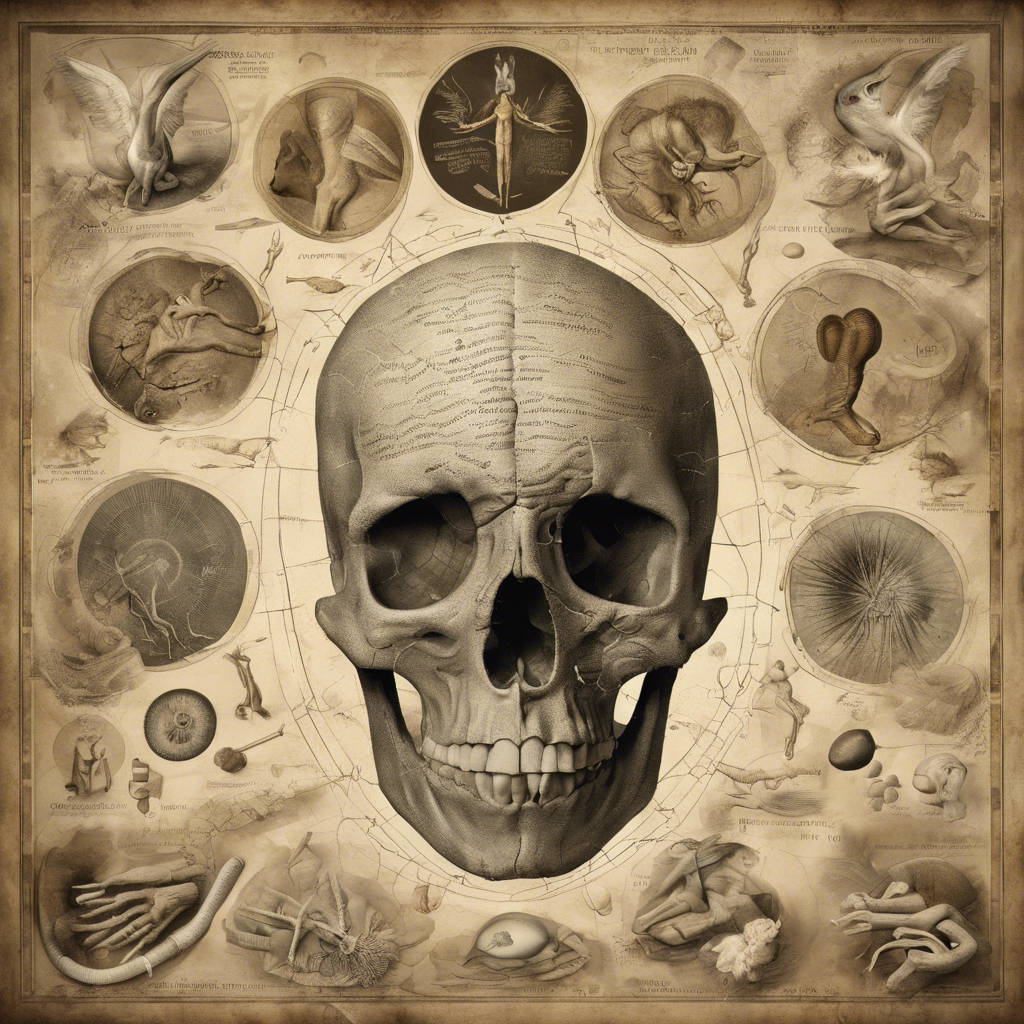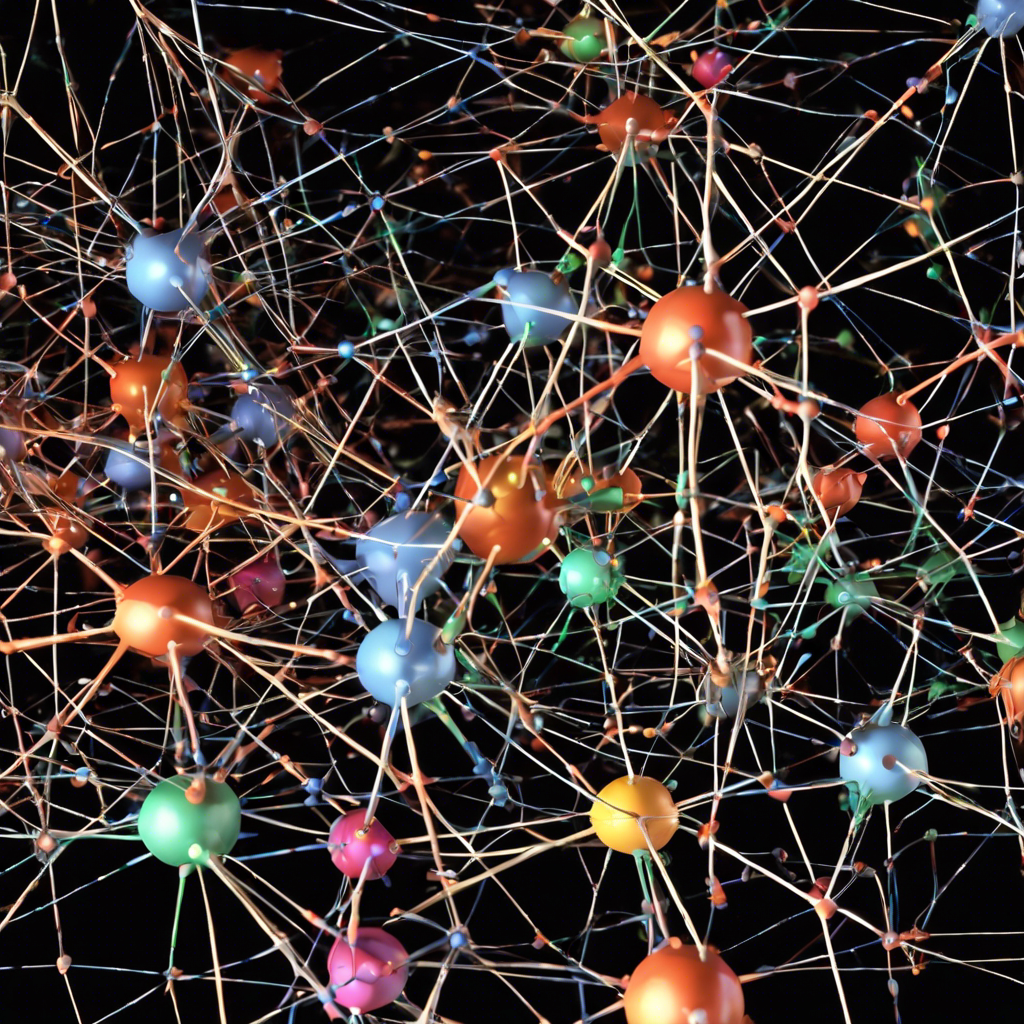From artificial embryos to cellular timekeeping, the year 2023 witnessed groundbreaking advancements in the field of biology.
In the vast realm of biological sciences, revolutions can take various forms, ranging from the sudden emergence of novel tools to the gradual accumulation of studies that challenge prevailing wisdom. These revolutions not only expand our understanding of life but also pave the way for new avenues of research. The year 2023 was no exception, as it witnessed a plethora of astonishing discoveries that pushed the boundaries of biological knowledge. From the growth of artificial embryos to the unraveling of cellular timekeeping mechanisms, these breakthroughs have the potential to revolutionize our understanding of life itself.
Artificial Embryos: Opening New Frontiers in Developmental Biology
Researchers achieved a significant milestone in developmental biology by successfully growing “embryo models” that reached an advanced developmental stage. These lab-grown artificial embryos offer a unique opportunity to study human fetal growth and development, potentially leading to valuable insights into prenatal development. However, ethical concerns surrounding the use of artificial embryos also emerged, sparking a debate within the scientific community.
Rethinking Depression: Challenging Prevailing Theories in Neuroscience
In the realm of neuroscience, researchers investigating depression have begun to question long-standing theories that have guided research and pharmaceutical treatments for decades. This shift in perspective has led to a deeper understanding of the complexities of depression and may pave the way for more effective treatments in the future.
Timekeeping: The Intricate Dance of Cellular Metabolism
Biologists have uncovered fascinating connections between timekeeping and cellular metabolism. The mitochondrion, known as the powerhouse of the cell, has been revealed to play a dual role as both a generator and a clock. Additionally, specialized proteins engage in a molecular ballet, orchestrating the passage of time within living organisms. These discoveries shed light on the fundamental mechanisms that regulate the progression of life’s processes.
Unraveling the Secrets of Asgard Archaea: The Birth of Complex Cells
Researchers are on the brink of unlocking the secrets of Asgard archaea, primitive cells that formed symbiotic partnerships with the ancestors of mitochondria, leading to the emergence of complex cells. Cultivating these ancient cells in the lab offers a unique opportunity to delve into the origins of complex life forms and gain insights into the evolutionary leaps that shaped our world.
Life in Extreme Environments: Insights from the Atacama Desert
The Atacama Desert in Chile, one of the harshest environments on Earth, is home to resilient microbes known as “grit crust” microbes. Scientists are studying these organisms to unravel how the first land-dwelling cells survived in extreme conditions. The discoveries made in this inhospitable desert may hold the key to understanding the origins of life on Earth.
Marvelous Biological Innovations: From Plankton to Parasitic Ants
The year 2023 witnessed a parade of marvelous biological innovations. Plankton demonstrated their adaptability by repurposing one of their membranes to supercharge their photosynthetic abilities. Underground microbes discovered how to produce oxygen in total darkness, challenging our understanding of life’s requirements. Additionally, researchers unveiled an immunological trick that protects babies in the womb and a neurological trick that allows the brain to map out social relationships. Moreover, a simple mutation transformed ants into complex social parasites, while worms strategically demolished DNA to safeguard their genomes.
Conclusion:
The year 2023 has been marked by a series of remarkable discoveries in the field of biology. From the growth of artificial embryos to the unlocking of cellular timekeeping mechanisms, these breakthroughs have expanded our understanding of life’s intricacies. As we move forward, these revelations will continue to shape the trajectory of scientific research, offering new perspectives and avenues for exploration. With each new biological revolution, humanity gains a deeper appreciation for the wonders of the natural world and the boundless potential of scientific inquiry.











